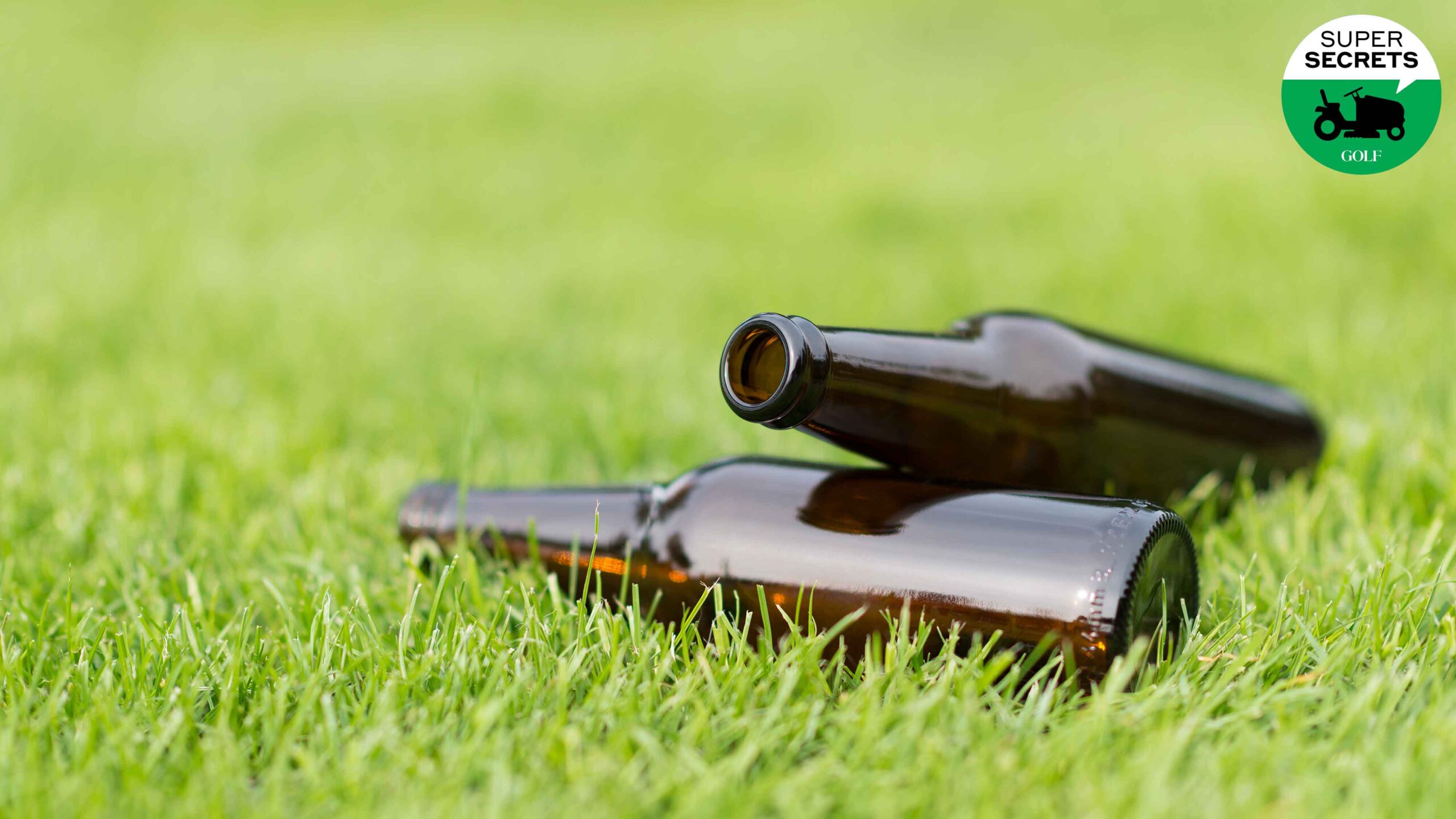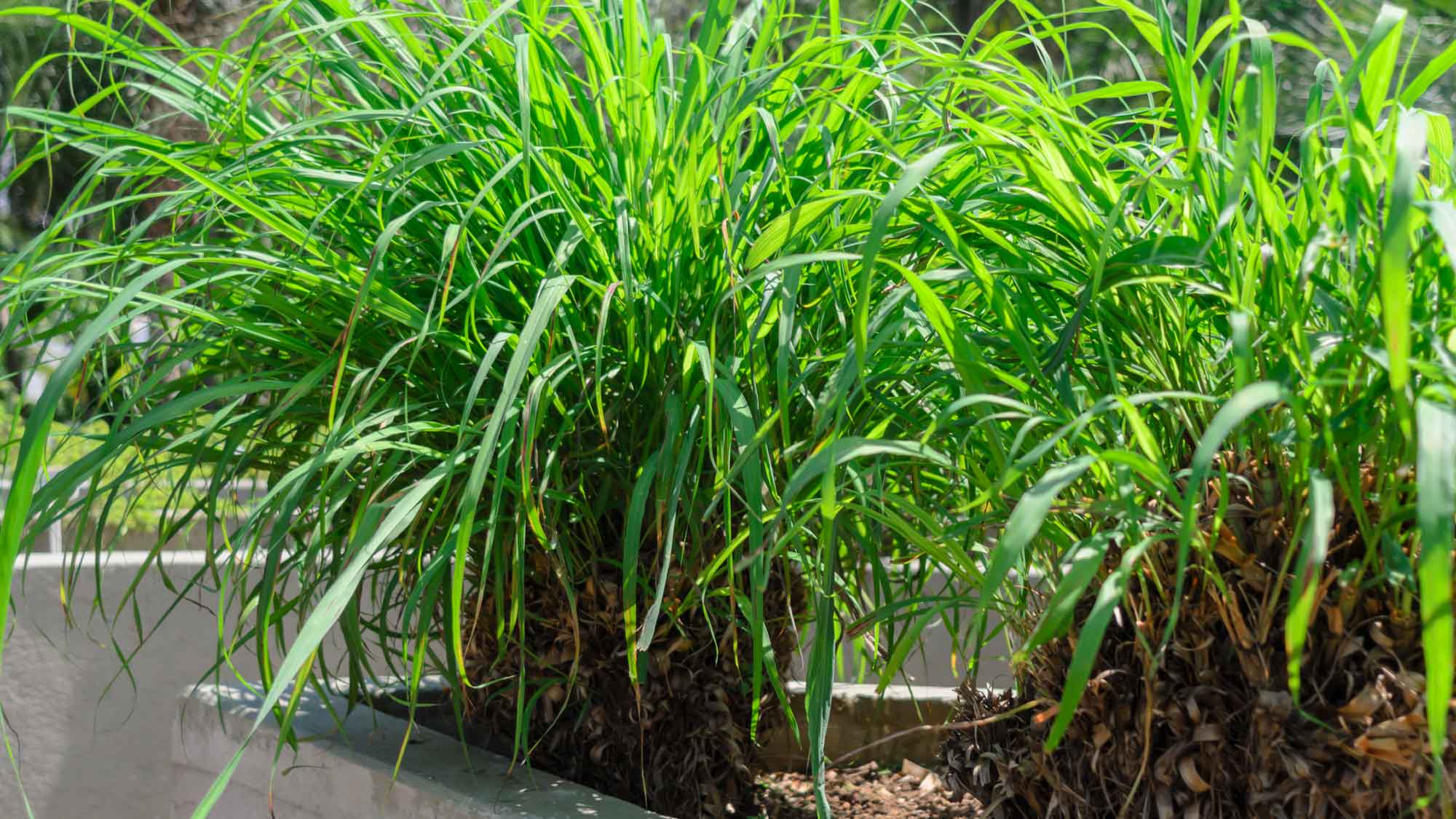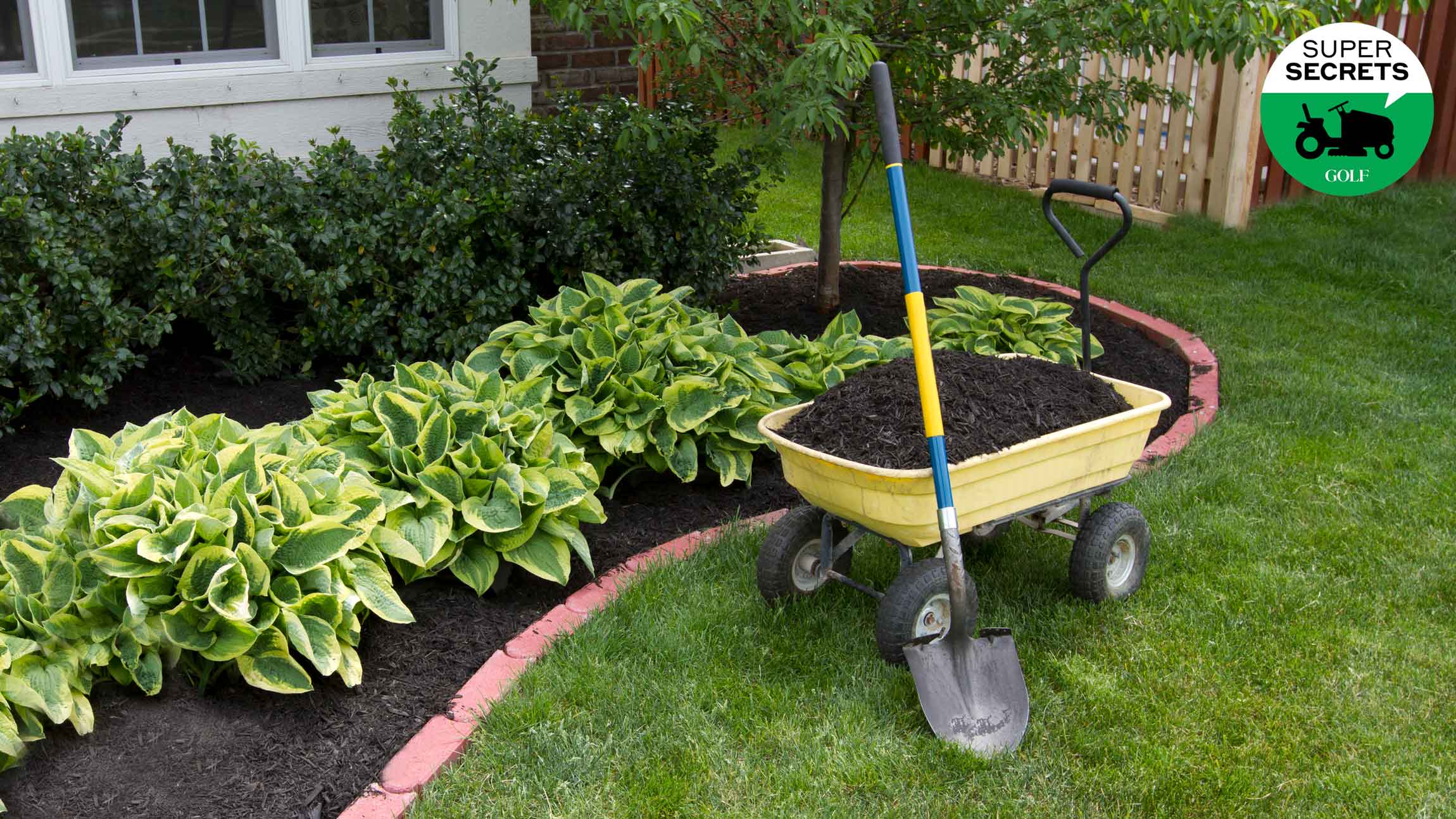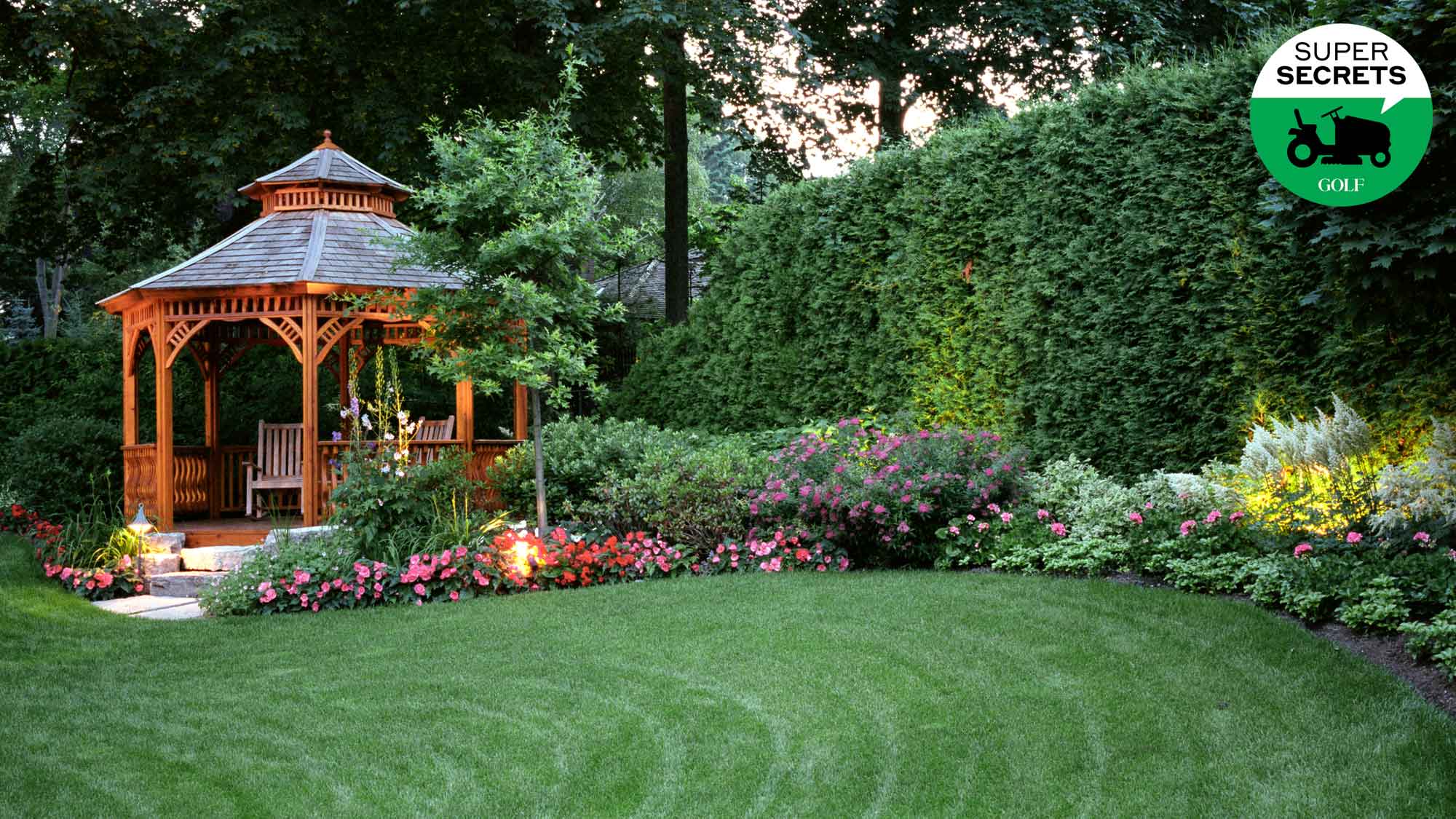
Don’t guzzle all your beer! It can help protect your yard.
getty images
“Hewwo, ACME Pest Contwol? I have a pest I need contwolled.”
So said Elmer Fudd, and he wasn’t alone.
Unwanted invaders represent a constant challenge for anyone tending to a lawn or garden.
How to guard against them? A lot of folks rely on chemical applications.
But often there’s a greener way to go.
David Phipps is a former superintendent with a horticultural background who now serves as Northwest regional representative for the Golf Course Superintendents Association of America. With crowd-sourced contributions from his colleagues around the country, Phipps supplied us with a list of natural alternatives.
Here are his 5 tips for eco-friendly pest control.
1. Invest in the oil industry
As in cedar oil, sesame oil, canola oil and neem oil. Those and other oils are used in a range of natural products and applications to kill or repel bugs, whether by dehydrating or suffocating them, or dissolving their larvae, to name just a few of the effects. You get the picture. The pests either die or stay away.
2. Try pest-repelling plants
Have you tried guarding you garden with other garden plants? To varying degrees, research has shown that asparagus beetles steer clear of parsley; that moths do not like lavender; and that aphids go for fennel in the same way that vampires go for garlic.
Then there’s lemongrass, which Phipps recommends as a mosquito repellant. “You can plant it around your patio and other areas where people congregate,” he says. Another bonus is that many bug-repelling plants are pretty and fragrant: beauties to help keep away those ugly little beasts.

Lemongrass will help keep mosquitos away.
getty images
3. Buy beneficial bugs
There are bed bugs. Bad bugs. And beneficial bugs, including ladybugs, whose larvae love feasting on aphids. Many garden stores carry them. Introducing species to your property can be tricky (any chance, for instance, that the good bugs will wind up eating other good bugs?), but if your local shop is selling them, there’s a good chance they’re native to the area.
4. Slug a beer, then beer your slugs
If slugs or snails are your sorrow, try drowning them in beer. Start with a couple of empty tuna cans, or more, fill them with suds and set them in your garden. A few slugs and snails might take sips and keep walking. But others will topple in and drown. “I wouldn’t recommend using your high-end IPA,” Phipps says. “But a Hamm’s or a Coors Light should work just fine.”
5. Space out your rose garden
Beg your pardon, if you’ve planted a rose garden, you may have noticed that the leaves are susceptible to a fungus called black spot. A good way to prevent this problem is to space out your roses, maintaining enough distance between them that they get lots of sun and air circulation.
If you see a troubled leaf, remove it so the infection doesn’t spread. Same goes with fallen leaves around your roses. Rake or sweep them away. The clearer the ground around them, the healthier the environment for the plants.











